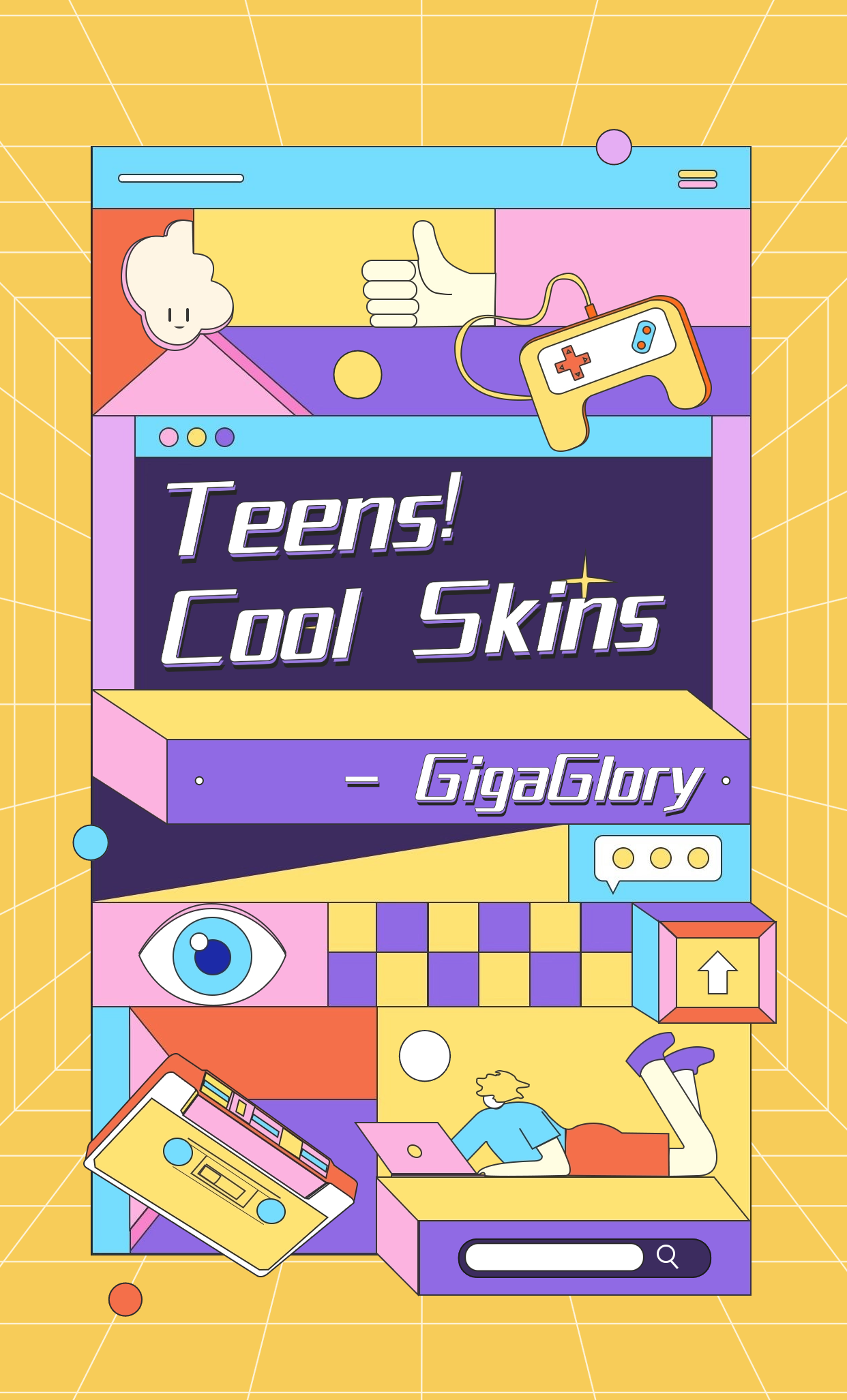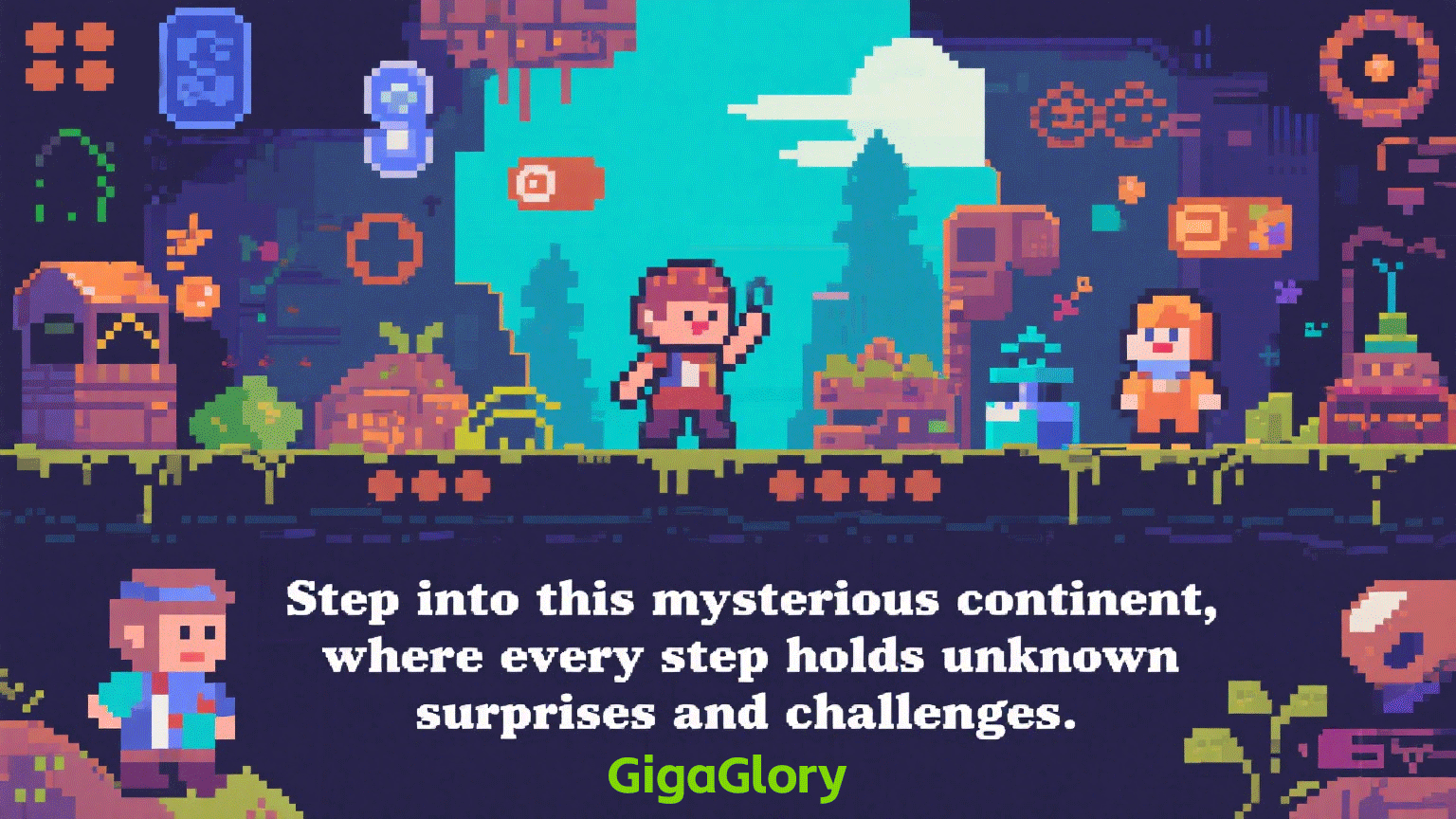Unlocking Reality: How RPG and Life Simulation Games Transform Gaming Experiences
Video games have evolved rapidly over the past few decades, with RPG (Role-Playing Games) and life simulation games leading the charge. These genres offer vast worlds to explore, emotional connections with characters, and an immersive escape from reality. This article dives into how these games enhance user experiences while addressing a few challenges, like game crashes, particularly during critical moments such as matches ending in ranked Overwatch.
The Allure of RPG Games
RPG games captivate players by allowing them to create their own characters, embark on epic quests, and interact with intricate worlds. By letting players assume different roles, they can explore various storylines, making every session unique. The depth of stories and the investment in characters echo the very essence of engaging narratives found in novels and films.
What are Life Simulation Games?
Life simulation games, on the other hand, offer a different kind of engagement. Here, players can mimic real-life scenarios, manage virtual households, and create destinies. Games like "The Sims" not only provide a sandbox for creativity but also allow for role-playing elements, integrating RPG mechanics into everyday life, thus blurring the lines between reality and fiction.
Combining Elements: RPG Meets Life Simulation
The blending of RPG elements with life simulation games enhances the player experience. For instance, you can develop storylines about your Sims while gaining experience points and leveling up. This mixture promotes a more engaging and satisfying gameplay experience.
The Emotional Connection
One of the most profound aspects of RPG and life simulation games is the emotional connection they foster. Players often feel a genuine attachment to their characters, experiencing joy, sadness, and growth alongside them. These emotional narratives impact how invested players become in their in-game decisions.
The Dynamic Worlds of RPGs
Today's RPGs feature expansive worlds filled with quests, challenges, and diverse cultures. Whether it's slaying dragons or forging alliances with NPCs (non-player characters), these dynamic environments create expansive storytelling opportunities that keep players coming back.
Challenges: Game Crashes and Technical Issues
However, with great games come great challenges. Technical difficulties, like game crashes, can lead to frustration, especially in competitive settings such as ranked Overwatch matches. Imagine playing for hours only for a game crash to ruin the match just five seconds before it's officially over. This kind of situation can deeply affect player motivation and enjoyment.
Players' Perspectives on Game Crashes
From the community's viewpoint, events like crashing at a critical game moment like a ranked match in Overwatch can spell disaster. Many players have voiced their frustrations on forums, highlighting the need for better stability in online gaming experiences.
Solution Strategies for Game Developers
To tackle these challenges effectively, developers must focus on improving their game engines. Rigorous testing before launch and regular updates can ensure a smoother gaming experience, reducing crash incidents and enhancing overall player satisfaction.
PS4 New RPG Games: The Top Choices
The PS4 has introduced numerous RPG games that continue to captivate audiences. Some of the most notable titles include:
- Final Fantasy VII Remake - A reimagined classic that wonderfully blends engaging gameplay and storytelling.
- Persona 5 Royal - Another iconic title, wrapping players in a captivating story filled with rich character interactions.
- The Witcher 3: Wild Hunt - An intricate world that balances fantasy with deep moral choices.
- Elden Ring - A recent entry that combines an expansive world with challenging gameplay.
The Future of RPG and Life Simulation Games
As technology advances, the future of RPG and life simulation games looks incredibly promising. More realistic graphics, AI-responsive characters, and immersive storytelling are just around the corner. Players can look forward to even deeper experiences that blur the line between digital interactions and real-life emotions.
Conclusion: A New Era of Gaming
In conclusion, RPG and life simulation games have completely transformed the gaming landscape. They offer not just entertainment but emotional depth and interactive experiences that resonate with players worldwide. Challenges like game crashes, particularly in high-stakes environments, remain a concern but can be mitigated through continuous improvement by developers. As players, we are on the forefront of witnessing the birth of a new era in gaming—one that promises deeper connections, rich narratives, and limitless imaginative potential.



